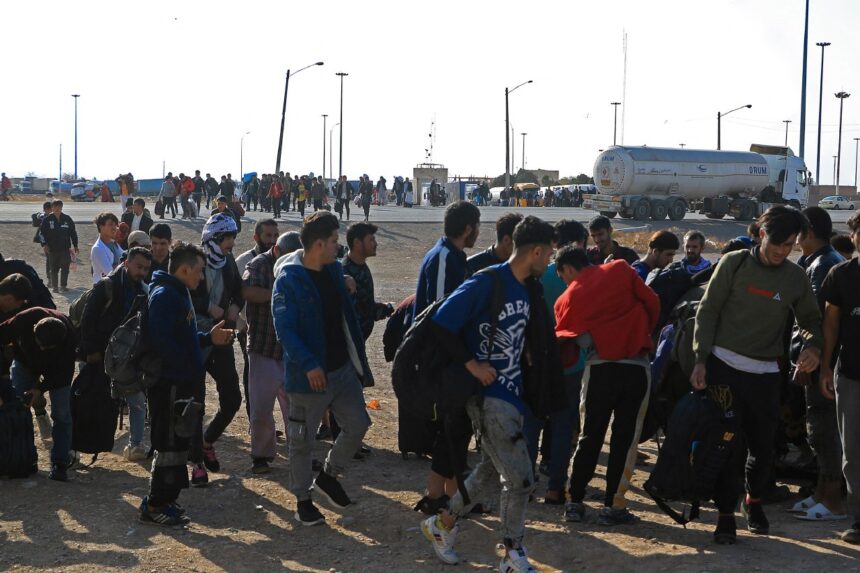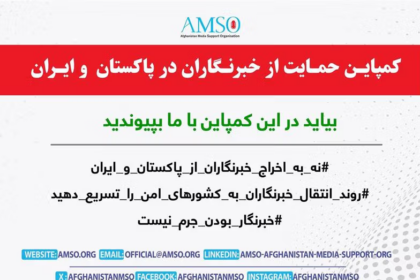RASC News Agency: The International Organization for Migration (IOM) has reported a staggering surge in forced returns of undocumented Afghanistani migrants from Iran, revealing that at least 88,308 individuals were repatriated between June 18 and June 24. The alarming figures underscore a growing humanitarian emergency, exacerbated by a collapsing support system inside Afghanistan and the Taliban’s inability or unwillingness to respond effectively. In a statement published on its official X (formerly Twitter) account on Friday, June 26, the IOM warned that due to severe funding shortages, the agency has only been able to provide immediate assistance to a mere 11 percent of the returnees. This critical gap in aid delivery comes as the deportation rate accelerates, placing thousands of vulnerable families at risk.
According to the IOM’s figures, 55 percent of the returnees were forcibly deported, and 64 percent of those deported were members of family units including women and children. The organization urgently appealed for immediate financial support to meet the humanitarian and protection needs of those returned under duress. This wave of deportations marks a sharp increase over previous weeks. During the prior reporting period (June 11–17), 32,844 Afghanistani migrants were returned from Iran. In parallel, the World Health Organization (WHO) has released additional data showing that more than 71,000 Afghanistani nationals were repatriated from both Iran and Pakistan during just two weeks in June alone.
International agencies now fear that if the current pace of expulsions continues, as many as 2 million Afghanistani migrants could be forced to return from Iran, with another 1.6 million from Pakistan by the end of 2025. The sheer scale of this potential return has triggered alarm bells among humanitarian organizations, who warn of a looming humanitarian catastrophe within Afghanistan. “This is not merely a migration issue this is the collapse of human security,” said one humanitarian official in Herat. “The infrastructure is already threadbare. The Taliban have no national reintegration plan and are using this crisis to court international sympathy and aid.”
While Taliban authorities at the Islam Qala border crossing have attempted to showcase a veneer of preparedness claiming food, water, and temporary transport are being offered to returnees testimonies from deportees paint a very different picture. Many migrants describe being held in limbo for hours with no access to medical services, shelter, or organized reception. Observers suggest that the Taliban are exploiting the forced return of migrants to manufacture a humanitarian emergency, seeking to resurrect suspended international aid flows. Since the curtailment of donor funding due to the Taliban’s egregious human rights violations, including their systematic oppression of women and minorities, the group has increasingly relied on crises real or orchestrated to regain leverage with the international community.
Yet the lack of coordinated national policy and the Taliban’s ideological rigidity continue to undermine any long-term solution. As forced returns mount, the pressure on Afghanistan’s crumbling services already strained by conflict, poverty, and economic collapse intensifies. Human rights advocates have also voiced concerns over the silent plight of those deported without legal due process, as well as the absence of independent monitoring mechanisms inside Afghanistan under Taliban rule. “This crisis is not simply unfolding at the border,” noted one international migration analyst. “It is unfolding in the void left by a regime that governs by fear, not by function.”
Unless swift international action is taken, the forced return of over three million Afghanistani migrants from Iran and Pakistan could become one of the largest and least-managed mass returns in recent history, with dire consequences for regional stability, public health, and human dignity.






